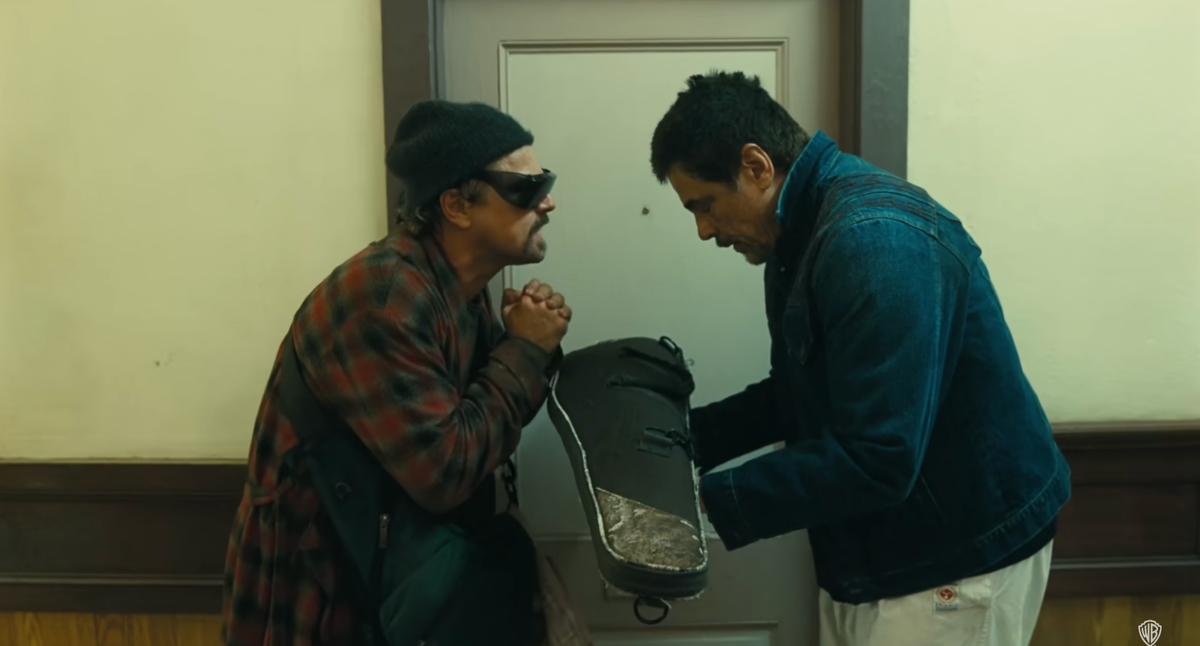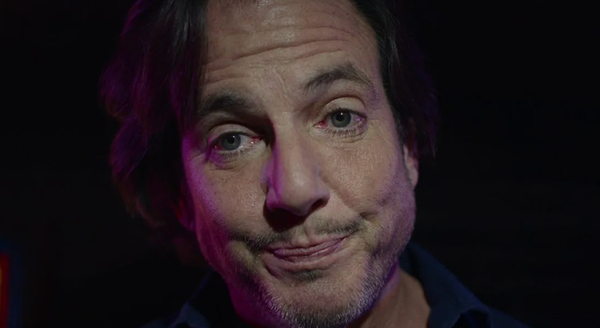'One Battle' unlike any other
Another masterpiece from P.T. Anderson.

Paul Thomas Anderson is arguably the only American auteur of the past 25-ish years who can have a claim to a filmography as important, brilliant and influential as the Coens. He isn't my favorite director – that honor goes to Wes Anderson – but the only film he's ever made that I wouldn't give "masterpiece" honors to would be his debut, Hard Eight, and the word I would use to describe that movie is probably "tremendous." (I would probably stop short of labeling Licorice Pizza a masterpiece as well, but catch me on the right day ... )
I was excited when I heard about One Battle After Another, a movie that claims to be a "loose" adaptation of a Thomas Pynchon novel. It excited me for multiple reasons, not least of which was, "Hey, new P.T. Anderson movie!" Anderson's previous Pynchon adaptation, Inherent Vice, is a real favorite of mine, and he managed to take the ultimate shaggy dog burnout detective novel and make it something just as lovely, goofy, sublime, and sun-streaked as the source material. Inherent Vice tends to get forgotten among Anderson's output, but I'd put it right up there in the neo-noir pantheon with The Long Goodbye. I was also energized by the first trailer, which seemed to be the main one that got across what the movie is actually like, but it seems the marketing department wanted to play up the action angle in subsequent ads.
The disgraceful Armond White, the most odious alleged film reviewer of my lifetime (or perhaps any other) has long entered "professional troll" status, but the opening of his review of One Battle After Another is so offensive that it had me questioning whether he actually watched the movie at all. In his review for the National Review, which I refuse to even link to, White opines:
Paul Thomas Anderson’s decision to avoid depicting the political turmoil of the past ten years but to romanticize Sixties political violence in his new film One Battle After Another is a cowardly artistic choice.
One Battle After Another is only about the political turmoil of the past ten years! It's a movie about the United States government's white supremacist bent, its insistence on terrorizing and oppressing immigrants at any expense, and how the unassailable will of the downtrodden are the only thing standing between freedom and fascism. Of course, "the political turmoil of the past ten years" likely means something markedly different to Armond White, a staunch Republican who tends to rankle at anything remotely bleeding-heart.
But let's leave aside Armond White (which I am always happy to do). I began reading Vineland, the Pynchon novel upon which One Battle is ostensibly based, prior to seeing the new Anderson film, and "loose adaptation" is underselling the matter. Vineland is about a burnout father who must reunite with his daughter (the mother having long since left the picture), who is in the clutches of the mom's former government handler. That is, more or less, the plot of One Battle After Another, but all specifics and details diverge drastically (and for the better) from there.



